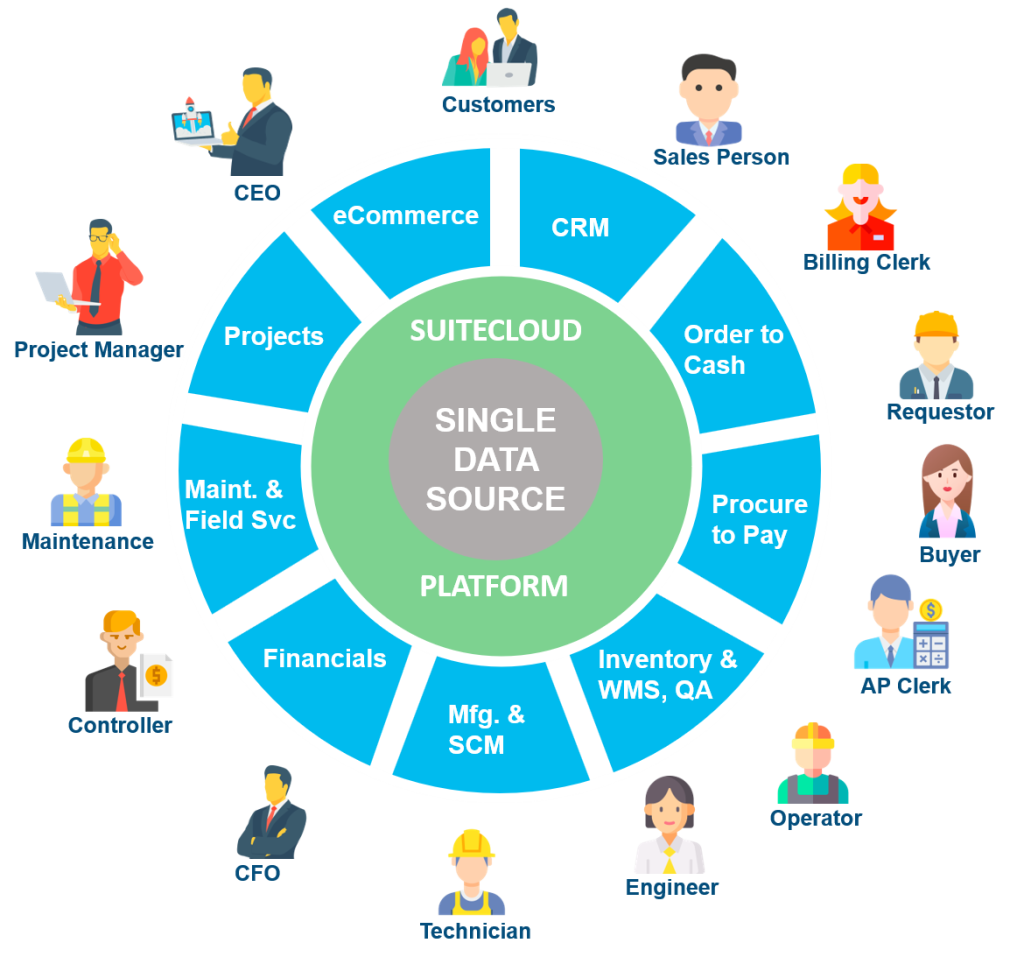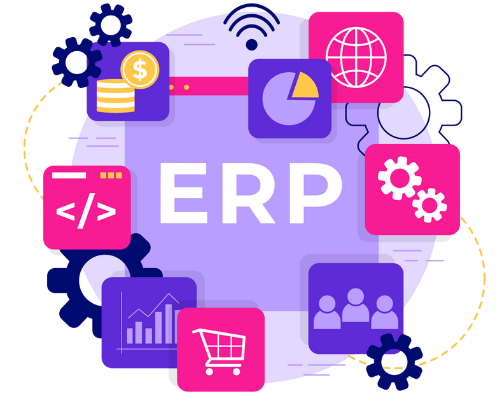Ratio Management is now Antire
Together with the Right AS we have shaped Antire. We aim to build a new Nordic AI powerhouse in the technology industry!
Antire is a people-focused technology company. We believe in making technology easy to use and empowering individuals to unleash their full potential. That’s our vision: Unleash people’s full potential.
We will strengthen our focus on delivering the best in class data analytics, Machine Learning, and Artificial Intelligence (AI). Oracle technologies and Netsuite are still at the core of our deliverables, together with the best cloud-native applications and enterprise solutions.
The name “Antire” has a strong double meaning. Derived from the Latin “anteo,” it signifies both “to go before” as well as ”to excel”. It also refers to “entire” – “to see the whole system.” That’s what we do – we aim to be the holistic problem solver in the tech landscape.
We make winners by personalizing the world’s most powerful technologies.
Check out our LinkedIn page: Antire
Visit our new webpage: Antire
Implementation and Transformation
Implementation and transformation through platforms like NetSuite, M-Files, and other Cloud applications
Operational Advisory and Support
Full assistance during and after product implementation
Products and Solutions
Pre-Built Applications & Development

Our Overview
We are the largest Oracle NetSuite team in Norway, with consultants and developers covering all key ERP disciplines. We are working closely with other highly competent NetSuite implementation partners around the world. We specialize in Norwegian companies with international operations and organizations within industries like Service, Project, Software, Retail/wholesale distribution, Energy, Oil & Gas, Shipping, and Manufacturing.
Press the button below to get in contact with us about:
- Your next ERP or Document Management system;
- Native Netsuite apps to enhance your system;
- Or to hire an experienced ERP consultant for your project team.
Current Development Projects
RC Protect


What is an ERP System?
ERP system (Enterprise Resource Planning) can be described as follows:
“ERP provides an integrated and continuously updated view of core business processes using common databases maintained by a database management system. ERP systems track business resources—cash, raw materials, production capacity—and the status of business commitments: orders, purchase orders, and payroll. The applications that make up the system share data across various departments (manufacturing, purchasing, sales, accounting, etc.) that provide the data.[1] ERP facilitates information flow between all business functions and manages connections to outside stakeholders.”
Source: Wikipedia
(05.01.2021)
A cloud-based ERP system is a software solution that integrates various business processes and functions into a centralized platform hosted on the cloud. ERP systems are designed to streamline and automate business operations, including finance, human resources, supply chain management, manufacturing, sales, and customer relationship management.
In a cloud-based ERP system, the software and data are stored and accessed remotely on servers maintained by a service provider. Users can access the system through a web browser or dedicated applications, allowing them to collaborate and access information from anywhere with an internet connection.
Cloud-based ERP systems offer several advantages over traditional on-premises ERP systems, including:

